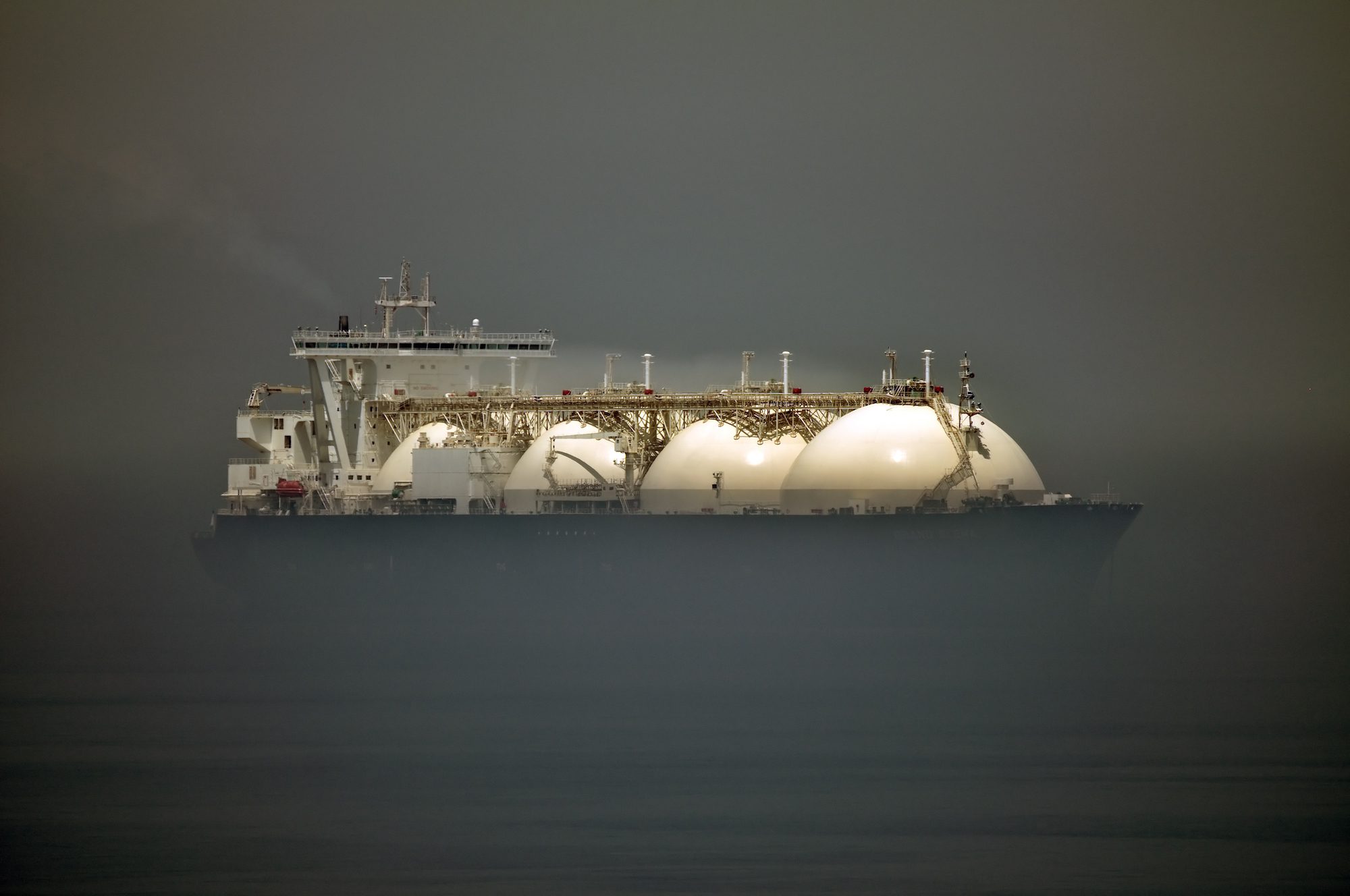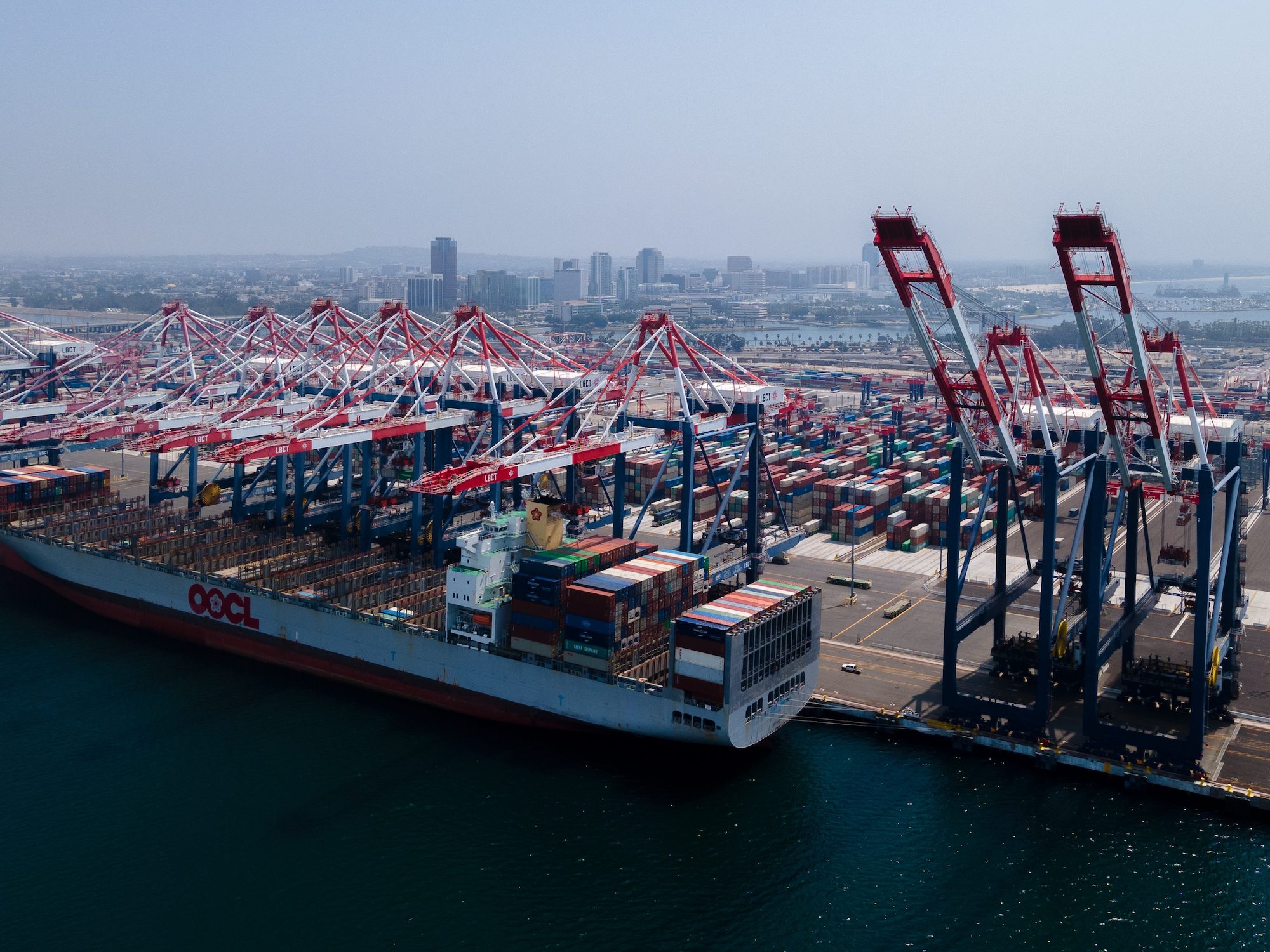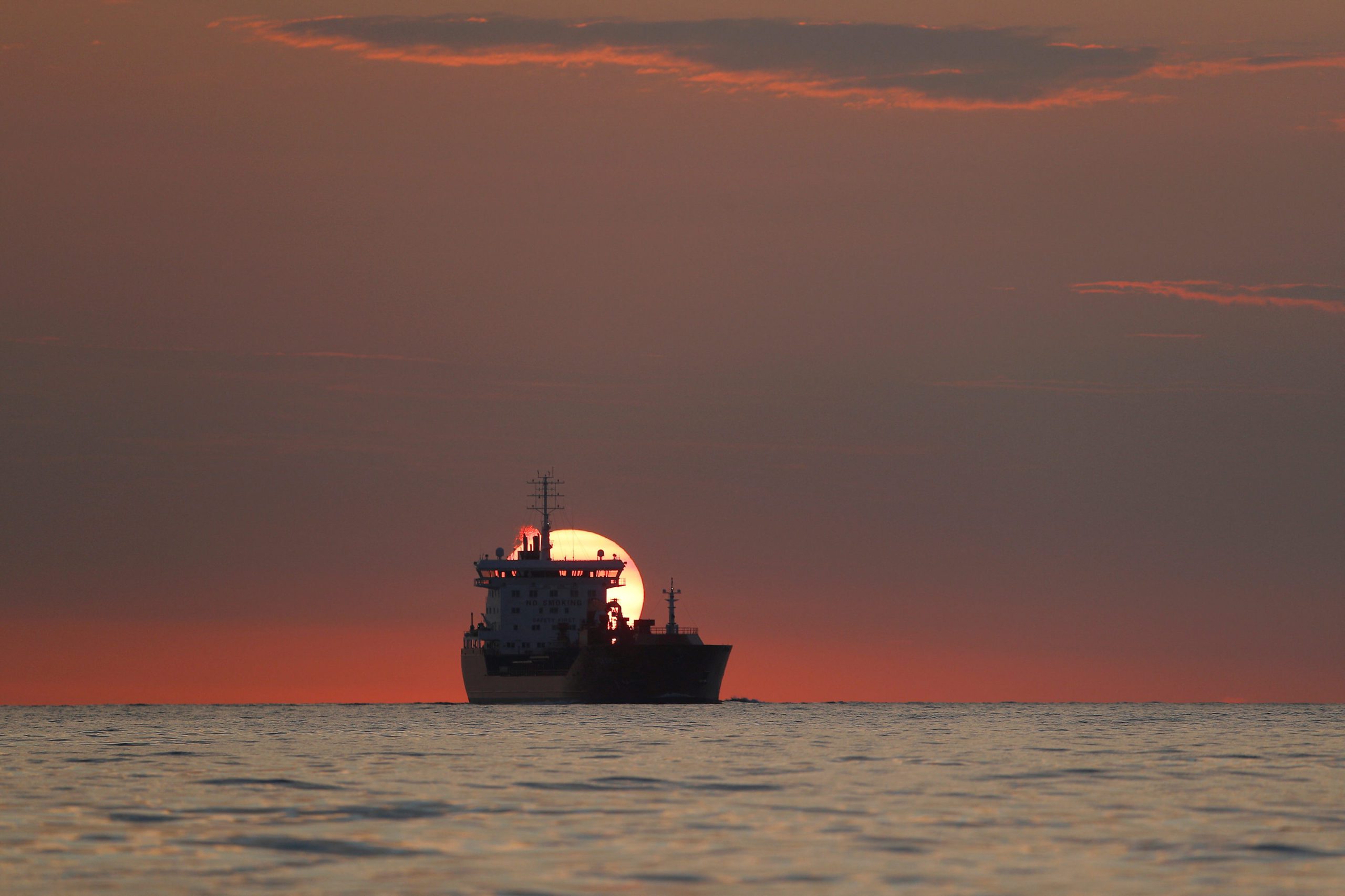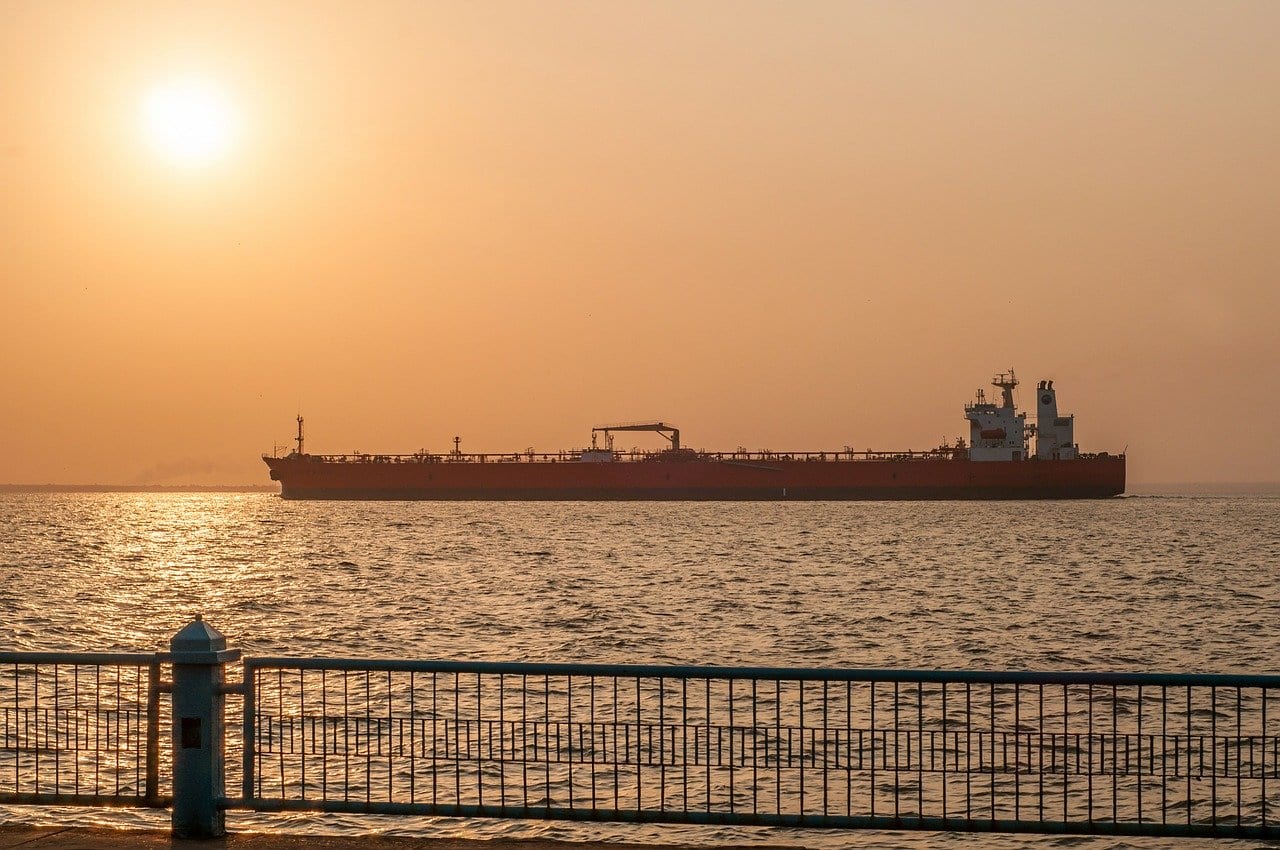By Shery Ahn and Tsuyoshi Inajima (Bloomberg) — Nippon Yusen KK (NYK Line), Japan’s biggest shipping company, is planning to increase its fleet of liquefied natural gas tankers by around 50% by early 2029 to meet rising global demand for the super-chilled fuel.
“We need to expand,” Chief Executive Officer Takaya Soga said in an interview on Bloomberg TV’s Chief Future Officer program, citing an uptick in inquiries. “Everybody is looking at energy transformation from the viewpoint of decarbonization,” and LNG is an important part of that, he added.
Gas has been touted as an energy source to help transition away from more polluting fossil fuels such as coal, while providing backup for intermittent renewables. LNG output, meanwhile. is slated to surge from next year as projects from the US to Qatar ramp up, with Shell Plc — the top trader of the fuel — expecting consumption to jump by about 60% into 2040.
This is a modal window.
The media could not be loaded, either because the server or network failed or because the format is not supported.
As demand grows, more tankers will be needed to transport the fuel across the world. The International Group of LNG Importers, known as GIIGNL, says there were 831 vessels in operation at the end of last year, and shipbroker BRS estimates that a further 241 are needed by 2034.
Nippon Yusen is planning to boost its fleet to more than 130 vessels by early 2029, up from 89, which includes tankers that are operated and owned by the Tokyo-based group. Rival Japanese shipping company Mitsui OSK Lines Ltd. is also seeking to expand.
This year, the origin of a ship has also made headlines, as President Donald Trump takes measures to hobble China’s shipbuilding industry — imposing fees on Chinese-owned, -operated or -built vessels docking in the US from Oct. 14. However, given the size of China’s capacity, alternatives are limited.
“The majority of our fleet of LNG carriers are made in Korean shipyards and quite small numbers in Chinese shipyards,” said Soga, who joined Nippon Yusen in 1984. He added that almost 8% of the company’s overall fleet — which includes container ships and car carriers — have been built in China.
© 2025 Bloomberg L.P.

 Join The Club
Join The Club











